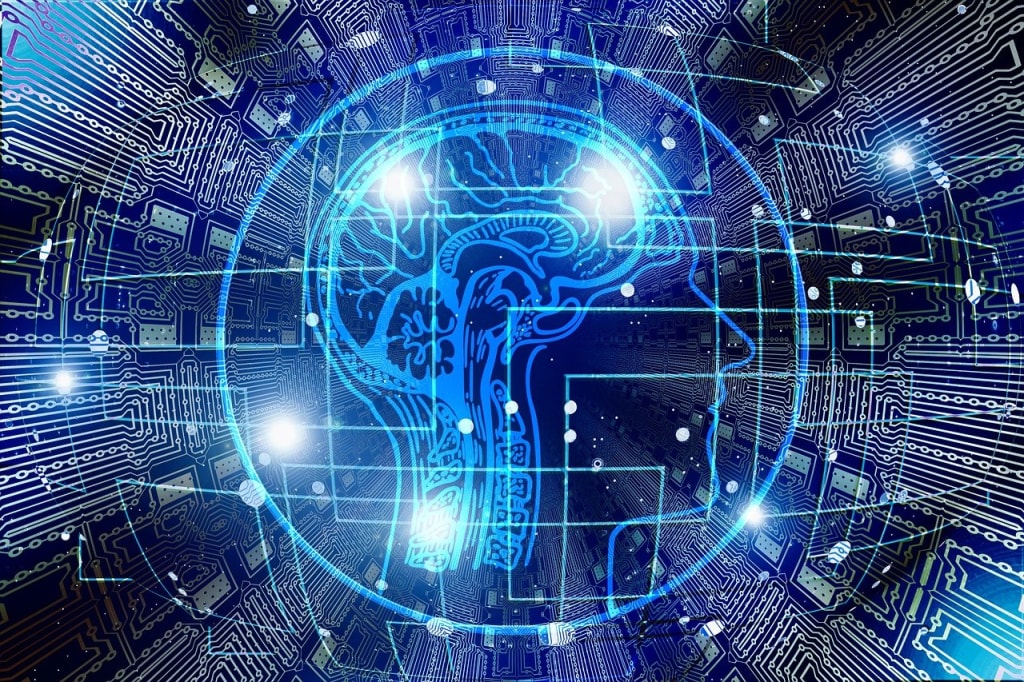The History and Evolution of Artificial Intelligence
Artificial intelligence (AI) is a rapidly growing field that has captured the attention of researchers, policymakers, and the public alike. Despite its recent popularity, the concept of AI has a long and fascinating history that can be traced back to ancient Greece. In this article, we will explore the history and evolution of AI and the major advances that have been made in this field over the years.

Artificial Intelligence (AI) has come a long way since its inception in the mid-20th century. From simple rule-based systems to complex machine learning algorithms, AI has transformed the way we interact with technology and has the potential to revolutionize virtually every aspect of our lives. This article will provide an overview of the history and evolution of AI, including key milestones and major advances.
The history of AI can be traced back to the 1950s and 1960s, when researchers first began exploring the use of computers to perform tasks that required human-like intelligence. During this time, pioneers such as John McCarthy, Marvin Minsky, and Claude Shannon laid the foundation for the field of AI, developing early AI systems and conducting pioneering research in areas such as natural language processing, knowledge representation, and reasoning.
One of the first major milestones in the history of AI was the Dartmouth Conference, held in 1956. This conference is widely considered to be the birthplace of AI as a field of research, and it brought together some of the leading minds in computer science to discuss the potential for computers to perform tasks that required human-like intelligence.
Over the next several decades, AI research continued to advance, and researchers made significant progress in areas such as natural language processing, computer vision, and expert systems. In the late 1980s and early 1990s, AI experienced a resurgence of interest, as advances in computer hardware and software made it possible to build more sophisticated AI systems.
In the 1990s and 2000s, advances in computer hardware and algorithms allowed AI researchers to create more powerful and sophisticated AI systems. The development of machine learning algorithms, such as neural networks, made it possible for computers to learn from data and improve their performance over time. This led to the creation of deep learning algorithms, which have been applied to a wide range of applications, including image recognition, speech recognition, and language translation.
One of the most significant recent advances in AI is machine learning, a subset of AI that enables systems to learn and improve their performance over time. Machine learning algorithms use statistical methods to analyze large amounts of data, and they can be trained to recognize patterns and make predictions based on that data. This has led to major breakthroughs in areas such as image recognition, speech recognition, and recommendation systems. Deep learning algorithms have achieved impressive results in tasks such as image classification and natural language processing, and they are now being applied in a wide range of fields, including healthcare, finance, and transportation.
Despite the many advances that have been made in the field of AI, there are still many challenges that must be overcome in order to fully realize the potential of this technology. One of the biggest challenges is ensuring that AI systems are reliable and trustworthy, as they will play a critical role in many areas of our lives, such as healthcare, finance, and transportation.
Another challenge is ensuring that AI systems are transparent and explainable, so that people can understand how decisions are being made and hold these systems accountable. Additionally, there are ethical and legal issues that must be addressed, such as the use of AI in areas such as warfare, privacy, and bias.
In conclusion, the history and evolution of AI is a story of remarkable progress and innovation. From its early beginnings in the mid-20th century to the cutting-edge technologies of today, AI has transformed the way we interact with technology and has the potential to revolutionize virtually every aspect of our lives. While there are still many challenges that must be overcome, the future of AI is incredibly exciting, and the potential benefits of this technology are immense.






Comments
There are no comments for this story
Be the first to respond and start the conversation.